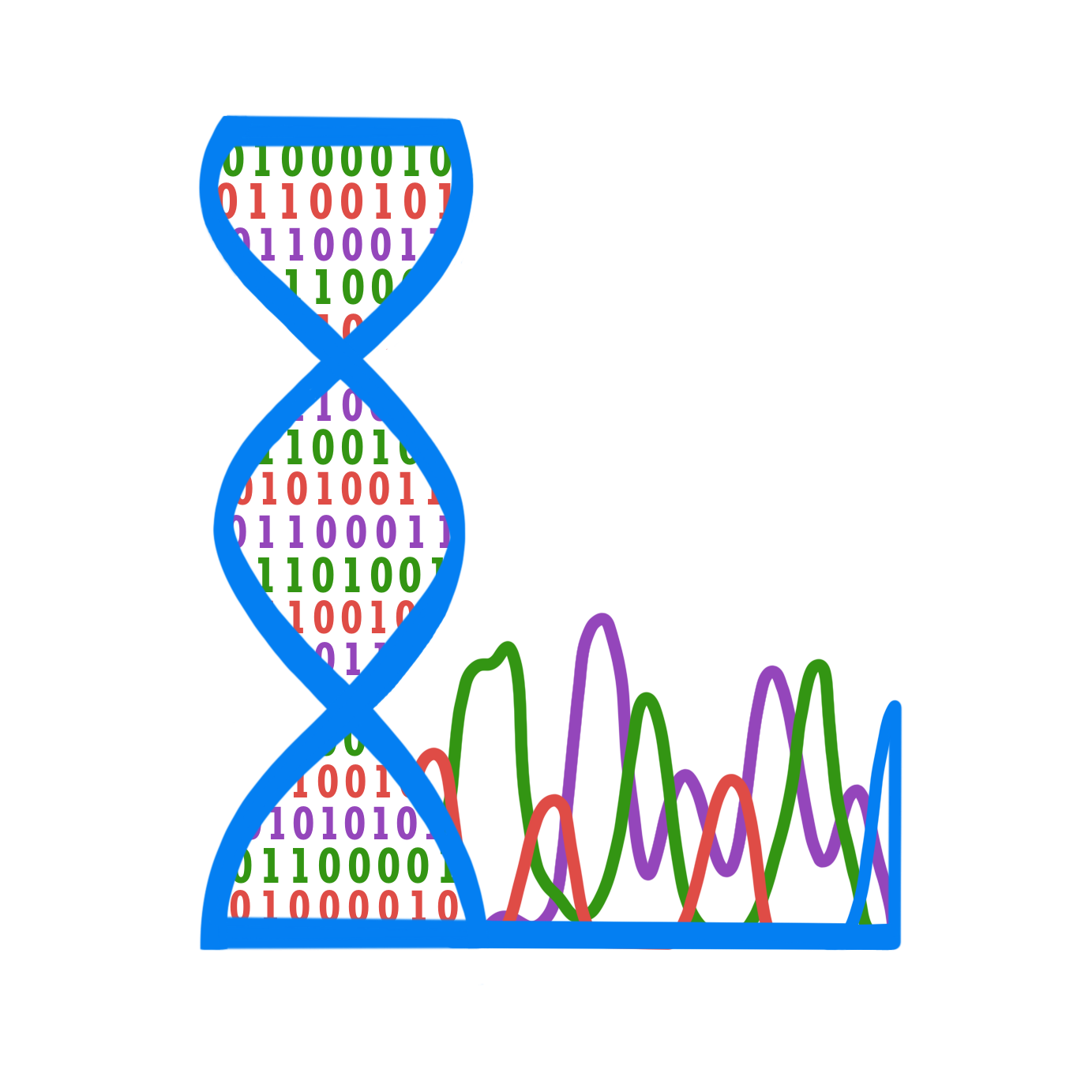Cross Species Investigation and Analysis (CoSIA) is a package that provides researchers with an alternative methodology for comparing across species and tissues using normal wild-type RNA-Seq Gene Expression data from Bgee. Using RNA-Seq Gene Expression data, CoSIA provides multiple visualization tools to explore the transcriptome diversity and variation across genes, tissues, and species. CoSIA uses Coefficient of Variation and Shannon Entropy and Specificity to calculate transcriptome diversity and variation. CoSIA also provides additional conversion tools and utilities to provide a streamlined methodology for cross-species comparison across the tissues and genes of five commonly used biomedical research species (Mus musculus, Rattus norvegicus, Danio rerio, Drosophila melanogaster, and Caenorhabditis elegans) in addition to Homo sapiens.
CoSIA is split into 3 methods that provide various resources in order for researchers to conduct cross species analysis using gene expression metrics.
The first method getConversion is used to conduct gene identifier and ortholog conversions.
The second method getGEx is used to obtain the raw gene expression values (Variance Stabilizing Transformation of Read Counts) of a gene or set of gene among tissues or species of choice. The data obtained in getGEx can then be visualized for a single gene across multiple tissues in single model organism through plotTissueGEx or across multiple species in a single tissue through plotSpeciesGEx.
The third method getGExMetrics provides various methodologies in calculating median-based Coefficient of Variation (variability) and Shannon Entropy (diversity & specificity). Once calculated, plotCVGEx & plotDSGEx can be used to visualize the variation and diversity & specificity (DS) of gene expression across genes, tissues, and species.
In R:
if (!require("BiocManager", quietly = TRUE))
install.packages("BiocManager")
BiocManager::install("CoSIA")
library(CoSIA)
Check out the vignette for more information on how to use CoSIA and its functionality.
- Anisha Haldar
- Vishal H. Oza
- Nathaniel DeVoss
- Amanda D. Clark
- Brittany N. Lasseigne
What is Happening in the Lasseigne Lab?
This work was supported in part by the UAB Lasseigne Lab Start-Up funds (BNL, AH, ND, ADC and VHO), the UAB Pilot Center for Precision Animal Modeling (C-PAM) (1U54OD030167) (BNL and VHO), UAB Pilot Center for Precision Animal Modeling (C-PAM) - Diversity Supplement (3U54OD030167-03S1) (ADC), and Mentored Experiences in Research, Instruction, and Teaching (MERIT) Program (K12 GM088010) (ADC).
The authors would like to thank the members of the Lassigne lab for their support and feedback, in particular, Elizabeth J. Wilk, Jordan Whitlock, and Timothy C. Howton.
This project is licensed under the MIT License - see the LICENSE.md file for details

